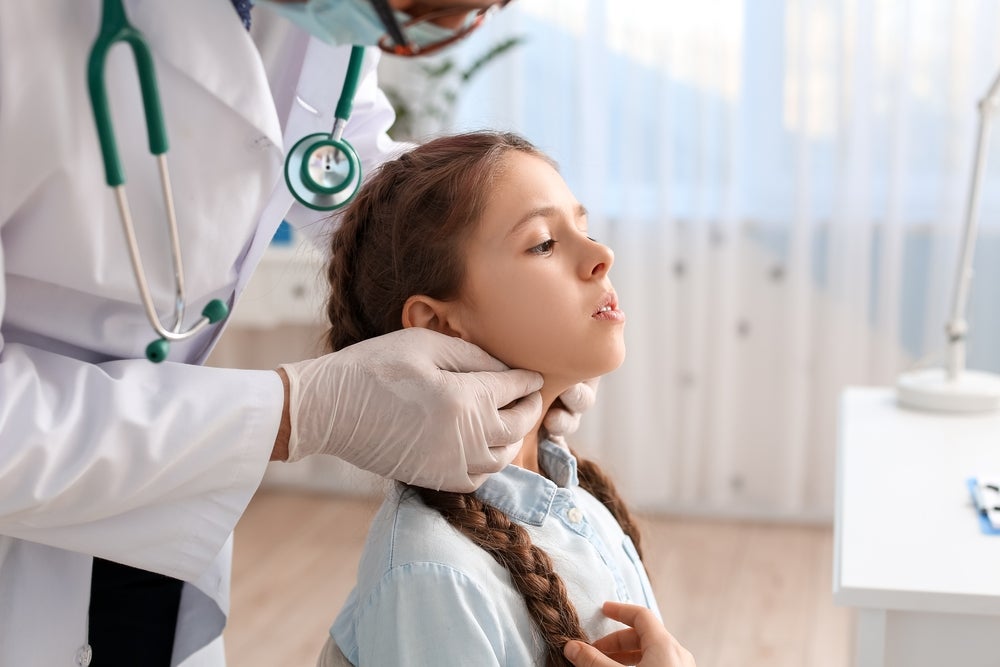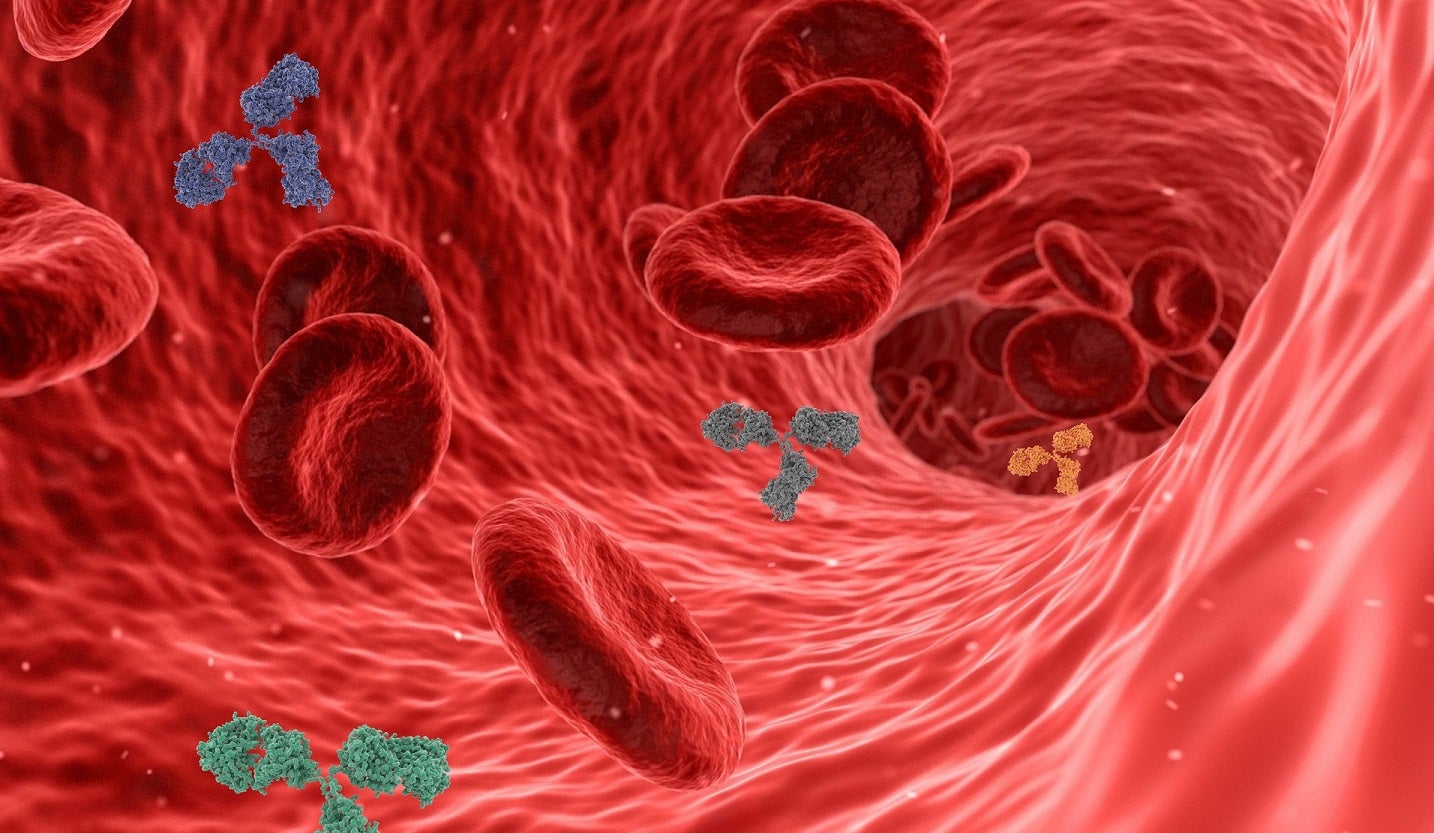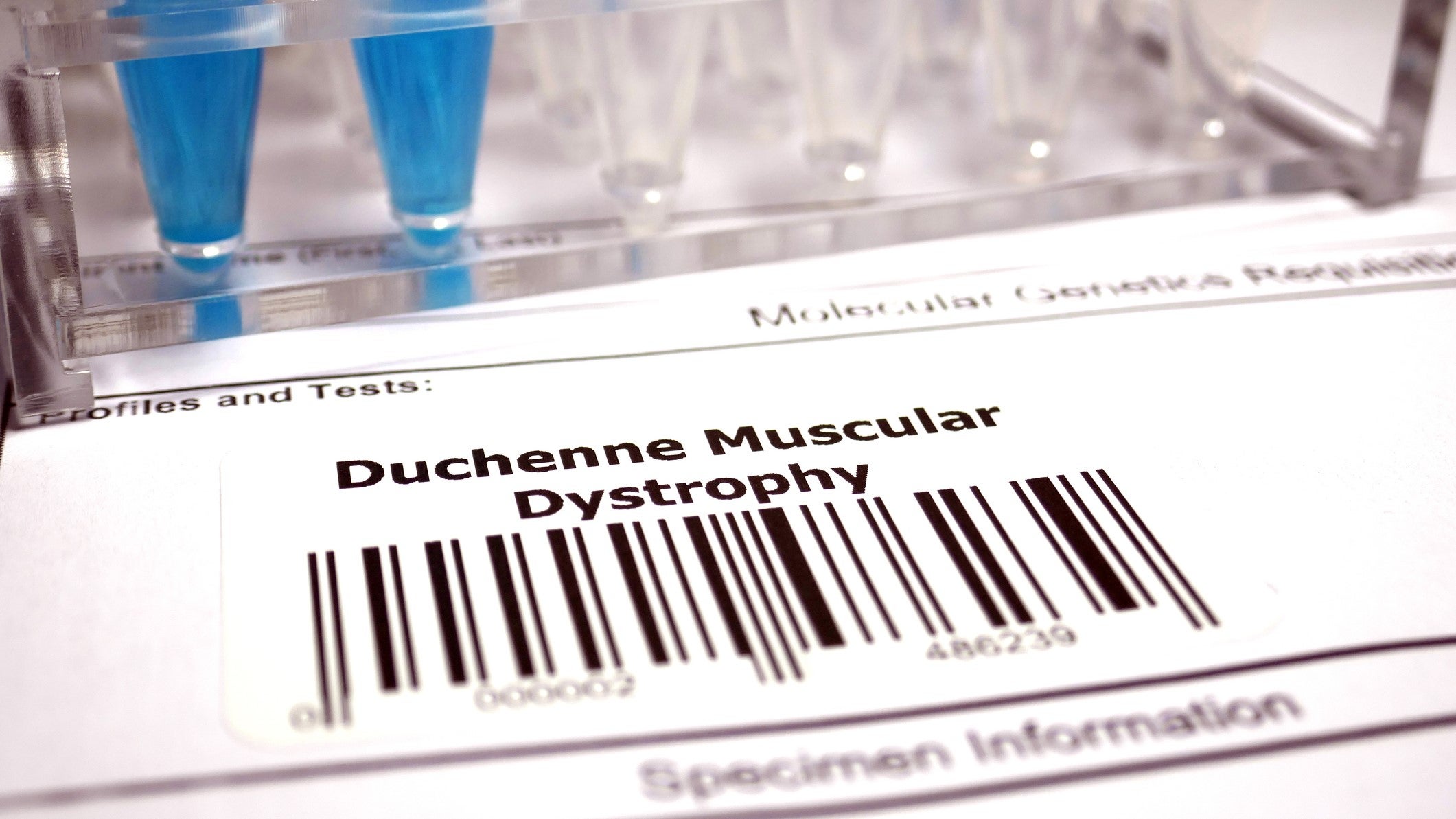
Pharma DECODED
Previous edition: 09 May 2024
Share article
Get the full version straight to your inbox.
Exclusive access to our best-in-class data & intelligence
Subscribe now
ESCMID 2024: Emerging bacterial infections in neonates and children
Coinfections can complicate disease management and hence continued surveillance and targeted intervention strategies are needed.

At the 34th European Society of Clinical Microbiology and Infectious Diseases (ESCMID) Global (formerly ECCMID) conference in Barcelona, Spain, emerging bacterial infections in neonates and children were discussed.
One such emerging bacterial infection is a mupirocin-resistant variant of the European epidemic fusidic acid-resistant impetigo clone (EEFIC) of Staphylococcus aureus. A 10-year retrospective study in Belgium assessing the proportion of methicillin-susceptible Staphylococcus aureus (MSSA) resistance to mupirocin and fusidic acid in impetigo showed that there was an increase in resistance between 2013 and 2023 in children, and that the resistance was particularly elevated in Flanders when compared to Brussels. The emergence of a mupirocin-resistant variant of EEFIC is a cause of concern as it is resistant to the first-line topical treatments for impetigo available in Belgium and other European countries. The researchers recommend an update to the treatment guidelines, an increase in surveillance and monitoring, and a consideration of alternative treatments.
Additionally, some staphylococcal infections are associated with higher mortality rates than others in the UK. A systematic review and meta-analysis study estimated the case-fatality rate (CFR) associated with neonatal bloodstream infections (BSI) by different staphylococcal species and antibiotic resistance subgroups. A total of 15,833 neonatal infected blood samples were analysed, and the overall CFR was found to be 8%. Subgroup analyses showed that the lowest CFRs were seen with MSSA at 5% and un-speciated coagulase negative staphylococci (CoNS) at 4%. The highest CFRs were seen with methicillin-resistant Staphylococcus aureus (MRSA) at 16% and vancomycin hetero-resistance CoNS at 17%. The findings indicate that different strategies may be required for managing staphylococcal subgroup infections. Furthermore, researchers advocated that the standardisation of vancomycin hetero-resistance testing and validation in CoNS should be implemented due to the high CFR observed.
Another study has shown the importance on non-pneumococcal conjugate vaccine (PCV) 13 serotypes in pediatric invasive pneumococcal disease (IPD) in Portugal. When studying 316 reported cases of IPD between 2018 and 2023, serotype 3 was the most pronounced cause of disease, accounting for 27% of IPD cases, followed by serotypes 8 (8%), 10A (7%), and 24F (6%). The majority of cases were caused by non-PCV13 serotypes (62%). Non-vaccine serotypes are important causes of disease too, including serotypes 8, 10A, 24F, and 15B/C. Serotype 24F is a specific major cause of concern as it is often associated with resistance. Additionally, the large prevalence of serotype 3 could indicate some form of PCV13 vaccine failure. Thus, this study emphasises the need for novel and improved vaccines that can incorporate serotypes that are not included in the currently available vaccines.
Another study demonstrated that the coinfection status of pneumococcal infections among children in Malaysia was found to be more prominent on the East coast of Malaysia. The study examined the presence of six respiratory tract bacteria (coinfections)—Bordetella parapertussis, Bordetella pertussis, Chlamydophila pneumoniae, Haemophilus influenzae, Legionella pneumophila, and Mycoplasma pneumoniae—among children infected with Streptococcus pneumoniae. The elevated presence of these coinfections on the East coast was largely due to socioeconomic factors. Geographic location, housing conditions, and completion of immunisation schedules are factors that contribute to differences in pneumococcal carriage and coinfection. This finding emphasises the importance of continued surveillance and targeted intervention strategies to address coinfections, which can complicate disease management and treatment outcomes. As PCV coverage expands and evolves, ongoing monitoring on coinfection trends remain crucial to inform public health initiatives aimed at reducing the burden of pneumonia and associated complications in the pediatric population.
Lastly, a study in France assessed the molecular epidemiology and clinical characteristics of pediatric tuberculosis (TB) in Ile de France. In 2022, there were 4,217 cases of TB in France, with 185 cases (approximately 4%) occurring in patients under age 15 years. Ile de France was one of the highest incident regions, with one-third to one-half of all pediatric TB cases occurring in Paris. Children are thought represent an underdiagnosed population in TB as there can be challenges with specimen collection, and non-specific symptoms make the disease difficult to diagnose. Following an analysis of 165 strains obtained from positive sputum culture samples in children, most cases (74%) were found to be from lineage 4. In an antimicrobial study, 14.5% of all cases were resistant. Specifically, 7.8% were resistant to isoniazid, 0.6% were resistant to rifampicin, 3.6% had multidrug resistance, and 2.4% were resistant to pyrazinamide. This study provides information on antibiotic resistance and supplies a regional database to monitor cases.
Latest news

FDA fast track status granted to iECURE neonatal OTC deficiency treatment
ECUR-506 is being evaluated in the first-in-human Phase I/II OTC-HOPE study.

Sobi's Aspaveli obtains indication extension approval in Europe
The approval for Aspaveli's extended indication is based on data from the APL2-308 (PRINCE) study.

Biotechs must prioritise ethics to deter GenAI “bad actors”
At the London Biotechnology Show, Microsoft’s senior director of life sciences discussed the ethical use of GenAI.

Zenas raises $200m to advance autoimmune antibody therapy
Zenas signed a licensing deal for Asia-Pacific territories for the bispecific antibody therapy, obexelimab, with Bristol Myers Squibb in September 2023.

Regenex Bio eyes FDA meeting to confirm pivotal DMD trial
Regenex Bio will sit down with the FDA in Q3 2024 to finalise the Phase III trial design.

Acepodia reports preliminary results from ACE1831 Phase I trial
The preliminary data indicates potential benefits for non-Hodgkin's lymphoma patients.

Teva and Medincell report positive data for TEV-‘749 in schizophrenia trial
TEV-‘749 has met primary endpoint in Phase III trial, showing significant symptom reduction in schizophrenia patients.

15th Annual Outsourcing in Clinical Trials East Coast 2024
The upcoming Outsourcing in Clinical Trials Europe 2024 conference will explore advancements in the clinical trial industry.
In our previous edition

Pharma Decoded
AstraZeneca to withdraw Covid-19 vaccine globally
08 May 2024

Pharma Decoded
BioNTech reports net loss of €315.1m in Q1 2024
07 May 2024

Pharma Decoded
Amgen reports a 22% increase in Q1 2024 net revenues
06 May 2024
Newsletters in other sectors
Aerospace, Defence & Security
Medical Devices
Travel and Tourism
Search companies, themes, reports, as well as actionable data & insights spanning 22 global industries
Access more premium companies when you subscribe to Explorer



